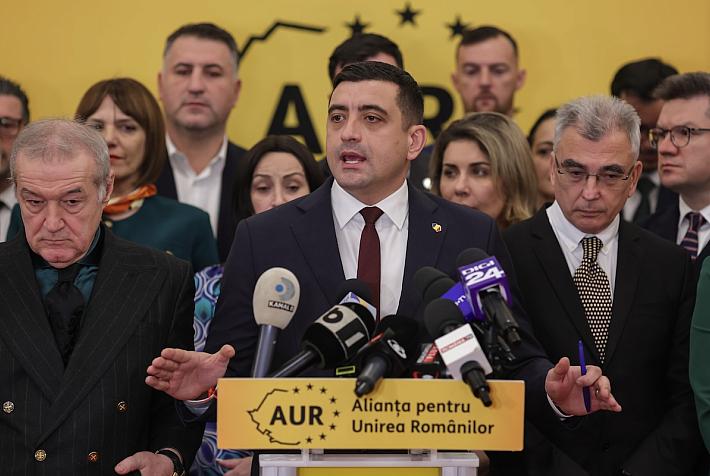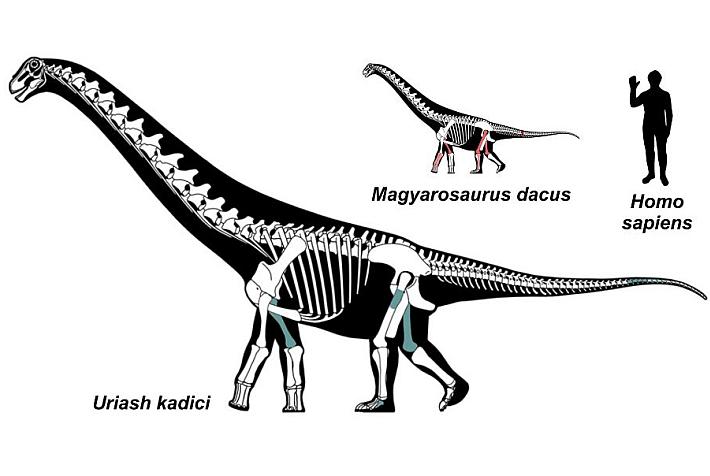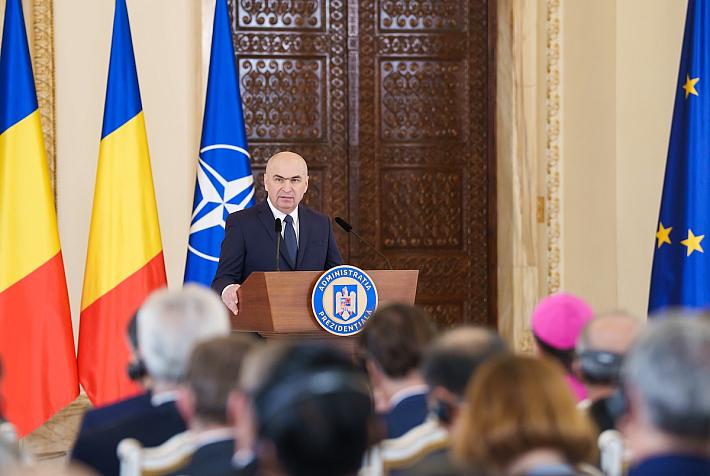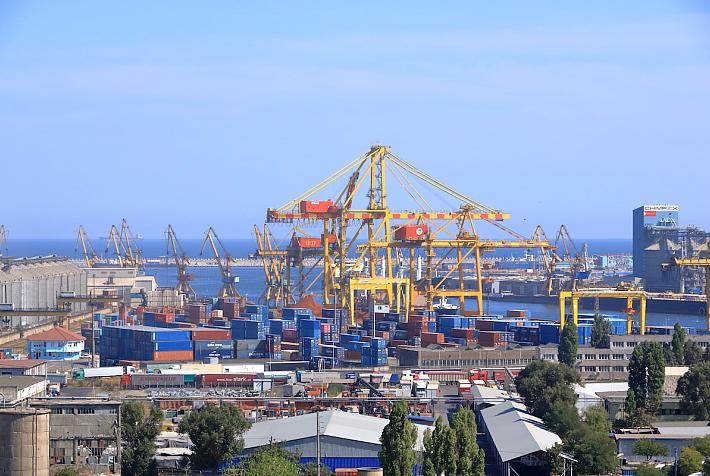Late night talks achieve new Greek bailout breakthrough
 After talking well into the night, eurozone finance ministers agreed the new bailout for the beleaguered Greek economy. The way is now clear for the country to receive its second round of bailout loans, valuing around EUR 130 billion and vital to meet debts due towards the end of March. Last night's decision ( February 20 ) took weeks of wrangling to reach. The Greek government had to agree deeper cuts in public spending, including public sector job losses, changes to the national minimum wage and a commitment to reduce the public debt to 120 percent of GDP. Greece currently owes over 160 percent of GDP.
After talking well into the night, eurozone finance ministers agreed the new bailout for the beleaguered Greek economy. The way is now clear for the country to receive its second round of bailout loans, valuing around EUR 130 billion and vital to meet debts due towards the end of March. Last night's decision ( February 20 ) took weeks of wrangling to reach. The Greek government had to agree deeper cuts in public spending, including public sector job losses, changes to the national minimum wage and a commitment to reduce the public debt to 120 percent of GDP. Greece currently owes over 160 percent of GDP.
The deal was announced early today ( February 21 ) with optimistic rhetoric. Greek PM Lucas Papademos expressed his happiness with the breakthrough. Luxembourg PM and Chair of the meeting Jean Claude Juncker said Greek debt would be reduced, its membership of the euro saved and its economy put on the road to recovery, as well as recognizing the strain on the Greek public. “I welcome the proposed understandings reached today by the Euro Group to support Greece,” said International Monetary Fund (IMF) chief Christine Lagarde, who was also at the meeting. She went on to say that the agreement and the actions of the Greek government would help Greece return to competitiveness and “together with a significant strengthening of the financial sector, will pave the way for a gradual resumption of economic growth.”
But Lagarde also underlined the need for the Greek government to do as it has been told and put agreements into action on time and in full. “The success of this strategy crucially depends on full and timely policy implementation by Greece and long-term support by euro area member states. Recognizing the sacrifice involved for the Greek people, the strategy will also aim to minimize the impact on the poorest and most vulnerable,” said the IMF chief. As the country enters its fifth consecutive year of recession and with violent protests providing the backdrop to the talks, the likelihood of the Greek public accepting the proposed cuts and austerity measures quietly seems slim.
Liam Lever, liam@romania-insider.com












